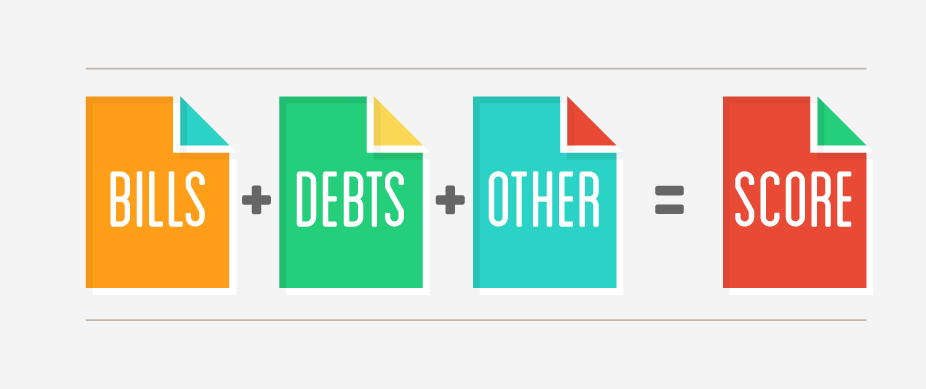A credit score is the key cog to some of life’s biggest purchases. That’s a fact that you should already know, as the better your credit score, the less interest you’re likely to pay on major purchases like mortgage loans and auto loans, among others. A poor credit score is going to cost you more long-term, that is if you’re even approved for the loan at all.
Every consumer should have at least a basic understanding of the importance of credit scores, similar to what we outlined above. But there are a lot of other neat tidbits about credit scores and credit reports that you might not be aware of. Join us as we take a look at 20 of the most notable ones:
20 Interesting Facts about Credit Reports
- Only about one-third of Americans look at their credit report annually.
- Everyone is entitled to one complimentary annual report from each of the three major credit bureaus, so there’s no excuse not to look at it annually.
- According to a study from the Federal Reserve, the larger the gap between your credit score and your spouse’s score, the greater you are at risk for divorce.
- Speaking of spouses and credit scores, you can now find a date based on credit score at CreditScoreDating.com. After all, they say that money issues are one of the leading causes of divorce…
- The ‘Greatest Generation’ has some great scores. If you grew up during and in the aftermath of the Great Depression, it’s plausible to assume you’ve been well informed on financial responsibility. Hence, the Greatest Generation, comprised of those 66 and up, have an average score of 829.
- Piggybacking off the last fact, Gen Y’ers have the lowest average generation credit score, coming in at 672.
- It’s estimated that about 50 percent of all Americans don’t have one late payment on their credit report.
- Payment history, which includes the frequency of late payments, is the single-largest credit score calculating factor at 35 percent of the FICO score.
- Contrary to what you may think, you’re not entitled to a higher credit score based on the level of education you’ve completed.
- Your credit utilization ratio is your debt to total credit allotment. For the best credit score, make sure your debt doesn’t exceed 30 percent of your limit.
- Thankfully, for most Americans, their debt doesn’t exceed 30 percent of their limit. Only about 16 percent of Americans use 80 percent or more of their limit.
- Insurance companies have observed that credit scores also impact risk. For instance, the lower the credit score, the more likely that person is to file a claim.
- According to the FTC, about one out of every five Americans has an error on their credit report.
- Employers can access credit reports when making hiring decisions.
- Speaking of which, about one of every 10 Americans are passed over for a job because of their credit report.
- If you’ve never had a credit card or an open line of credit, you won’t have any credit history or a FICO score.
- Even someone with no credit score, however, can get a mortgage. It just has to be done via manual underwriting.
- TranUnion, one of the three major credit bureaus, started in the railway industry.
- If you max out a credit card, you may be docked up to 45 points on your credit score.
- Contrary to what many people think, the money you earn has nothing to do with how high or low your credit score is.

